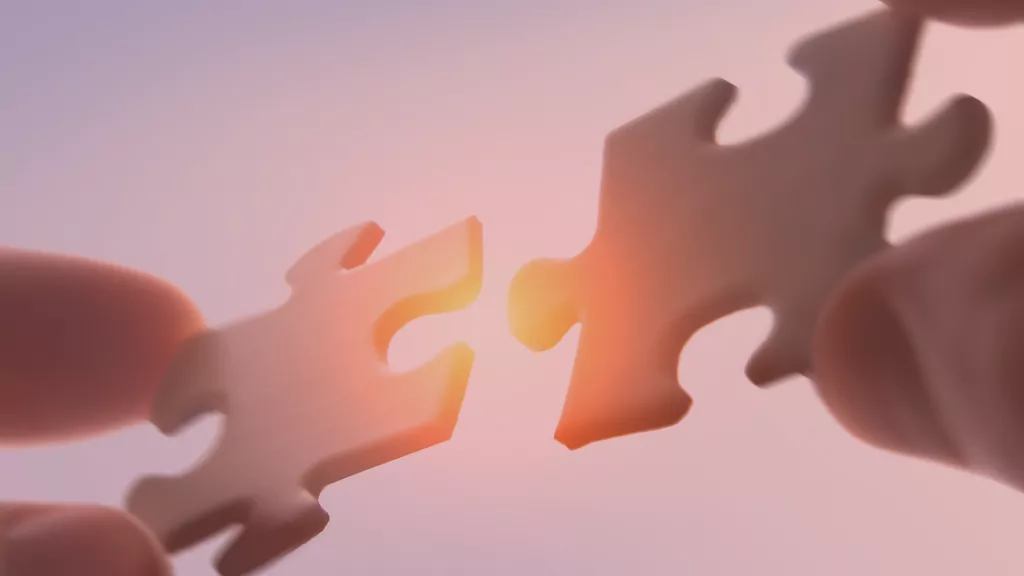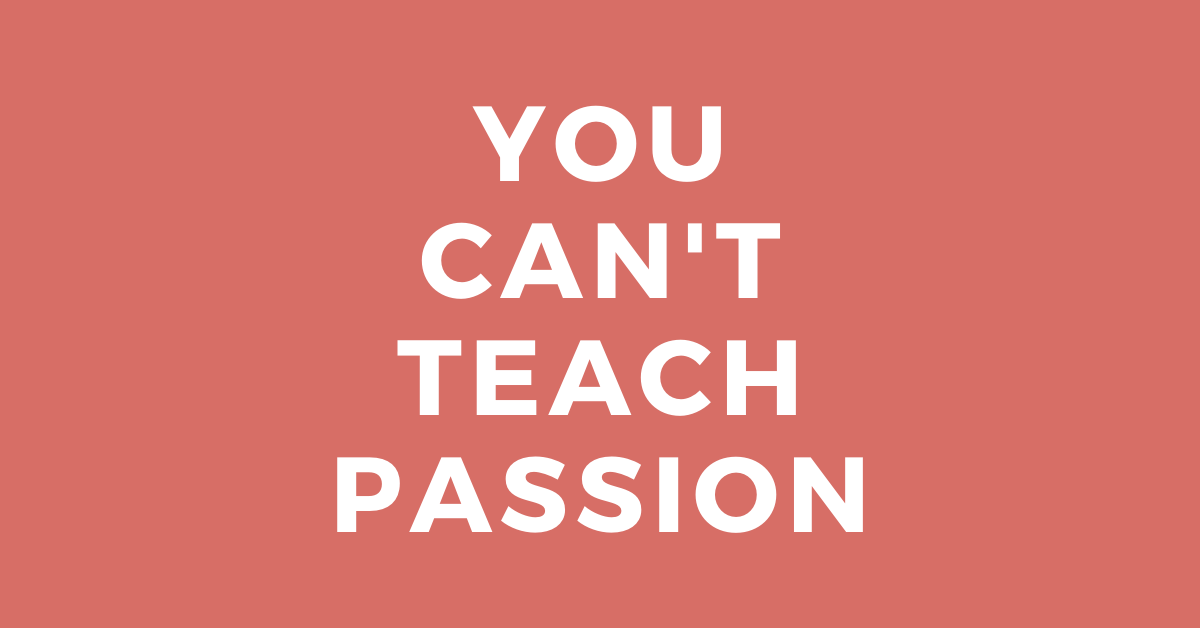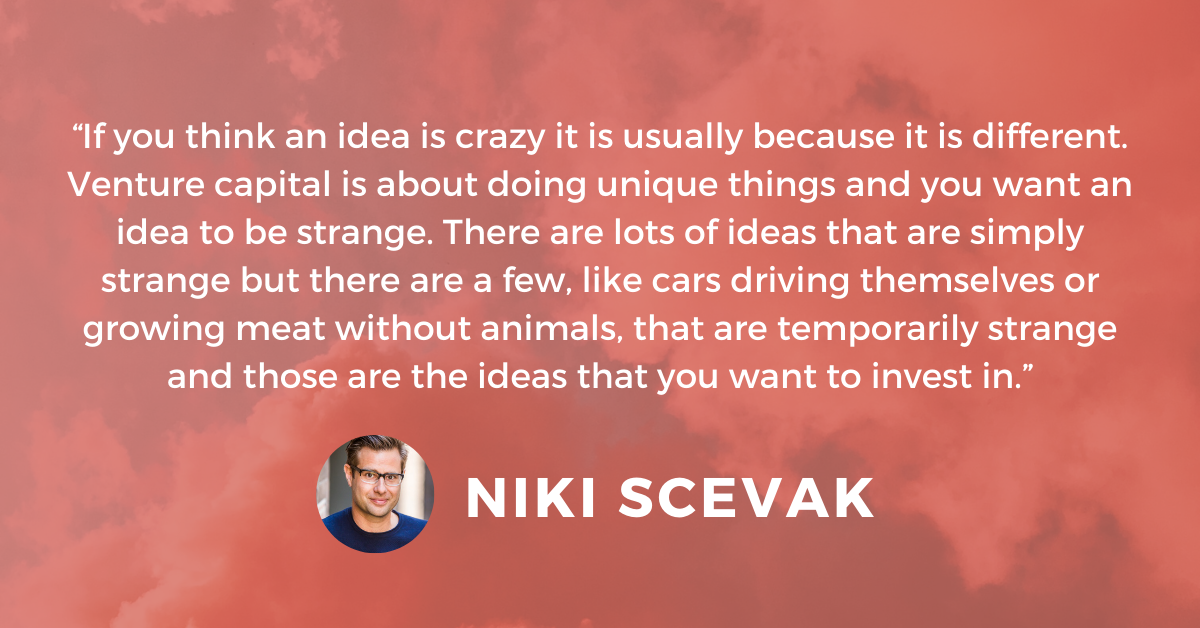People Investing: An Angel Investing Perspective
Innovation Bay’s co-founder Phaedon Stough shares his personal take on angel investing, including what he looks for in founders and how to assess a potential founder-investor fit.

I’ve been lucky enough to work with and invest in founders for the last twenty years, but let me preface this article by saying that I do and always will consider myself a founder first. I started investing via Startmate, then Blackbird, then directly into companies who I had a personal relationship with or who came referred via my network. My view is also heavily influenced by working with founders over the last 20 years and helping them build their companies, as I did my own and building networks that support founders. I’ve been lucky enough to share the journey with so many founders across Australia and the US.
The purpose of this article is to share my view of angel investing. At Innovation Bay, we will be heavily focusing on angel investing in the coming months as we launch a new angel network in partnership with LaunchVic that we hope will make a significant impact on the early stage landscape over the coming years. It’s the big problem in the Australian tech ecosystem: we have some amazing founders, but we lack an angel network that can support it. Innovation Bay is on a mission to change that; if you are an experienced investor who hasn’t got into tech or a founder looking to start investing, then we are the platform for you. You can learn more about our angel memberships here. But this isn’t a pitch for our angel network.

What I’ve learned from the amazing people in my network who act as mentors, advisors and friends, and my experiences founding and investing in companies is…
…it’s all about the founders.
At the seed stage, no matter how great the IP is, the IP isn’t as important as the people. It’s all about the founders. Creating and building a company is a herculean task. Long hours, the stress of building a team, a product, customers, cash flow, the stress of managing people, the stress of managing investors and the stress of converting your dream into a reality, all really takes a toll on most folks. No one really understands the pressure that comes with being a founder until they have done it themselves. The founder is the person who does it all, hiring, managing, building, selling, deploying, marketing and inspiring. The buck stops with the founder.
Without a strong founder, who has a passion and belief in what they are doing, the ability to attract great talent, the resilience and ability to pick themselves off the floor multiple times, creating something of value is impossible. When you invest at seed stage, maybe there is a small team, a product, some customers, but really you are investing in a person or people — the founders.
So what do I look for in a founder or founders?
- Someone who has the ability to sell a vision, a compelling vision which will result in them being able to convince amazing people to come and work for them, customers to choose them, investors to get excited. Founders should inspire, give you goosebumps.
- An intimate understanding of the problem they are solving, there has to be some connection to that problem, which enables them to understand the nuances in a very detailed manner and have a purpose tied to the outcome of success.
- Someone who can attract great talent.
- An ability to canvas multiple opinions and utilise those voices into something meaningful. I find it not about listening to a single source, but much like product management, obtaining a broad set of customer data, cross-referencing with your gut and intuition and crafting a product and a vision.
Partnering with a founder is a long-term commitment
Whilst working in San Francisco I was lucky enough to work on some projects with Andressen and Horowitz and I fell in love with their thesis that you never displace a founder. A16z has this belief because they believe you can never find someone who has the same amount of passion and vision for the business as the founder. You can teach business, skills, but you can’t teach passion. If you believe in this approach, then you need to assume once you make an investment in a founder it’s a long term partnership.

If you invest at seed, don’t expect a return for a minimum of 5 years, but a much more realistic number is 7–10 years. So think about the fit, is this someone you want to be in business with for the next five to ten years? This is an important consideration because that is how long it takes to build something of substance.
I’ve invested in companies where I haven’t had a strong relationship with the founder. I’ve invested in companies where I haven’t always agreed with the style and approach of the founder. But the commonality is that I have believed in them, their vision and ultimately their ability to execute. There are many, let me say that again, many times when as an investor you will question the direction and capability of the founder of a business.
Andrew Sypkes, a great investor in Australian tech, from direct investments to venture funds told me:
“I look for founders that I can imagine smart people wanting to work for. So they need to have a high degree of intelligence, industry insight, humility/self-awareness and a sense of urgency. I also look for an ability to build an immediate rapport with me by drawing me into a two-way conversation about their business. I’m immediately put off by cockiness and a slick salesman approach”
So how do you then assess a potential fit with founders?
Well, this is how I have approached it:
- Is their vision and reason for creating the business tied to something that matters or interests you? It’s hard to invest money, time and energy at this early stage when you don’t really care.
- Do they think about the impact rather than the outcome? Great founders have some underlying passion or reason why the problem they are solving means something to them. Wealth creation as the primary focus of your reason to create something never ends well.
- Has the founder been able to convert you into a believer? Once you’ve had a half a dozen coffees with the founders, read the IM, research the market opportunity, have they been able to convert you to become a believer? Without this belief, you simply are not going to make it. There are too many road bumps, too many issues, too many pivots. You have to not only believe in the idea but the founders.
Finding great founders with great ideas
I’ve been very lucky in my life to meet and engage with some truly amazing people in the startup ecosystem. I got to meet Niki Scevak, founder of Startmate and co-founder of Blackbird Ventures, when he had just returned from overseas and was lucky again to invest in Blackbird from the start.
According to Niki:
“The more ambitious an idea, the more likely it is to happen. Grand ambitions attract the best people to work for you and get them to do their best work once they do join. The best investors want to invest at the highest valuations and partner want to work with you quickly rather than slowly. Ambition is the honeypot for the people that will make something happen.”
Unfortunately “tall poppy” syndrome leads some to discount many big visions in Australia. This is unlucky for some, but has been very lucky for Niki, who seeks out these types of folk and invests in them without competition:

The key here is cross-referencing a founder’s big idea with their ability to execute and their purpose for succeeding.
I’ve loved investing in people’s dreams and I’m very excited to be launching a new high touch, founder focused angel network through Innovation Bay. Our network will have highly curated deal flow with a focus on early stage founders doing amazing things. We have honed this approach from over a decade of connecting great founders and investors and we are going to make a real difference. If you are looking for a platform in which to connect with founders and like-minded investors, let’s chat.

Phaedon Stough is the co-founder of Innovation Bay, Australia’s leading authority on tech startups. He has been working with startup founders for over two decades and has lived in Sydney, San Francisco, London and now Hobart, Tasmania.